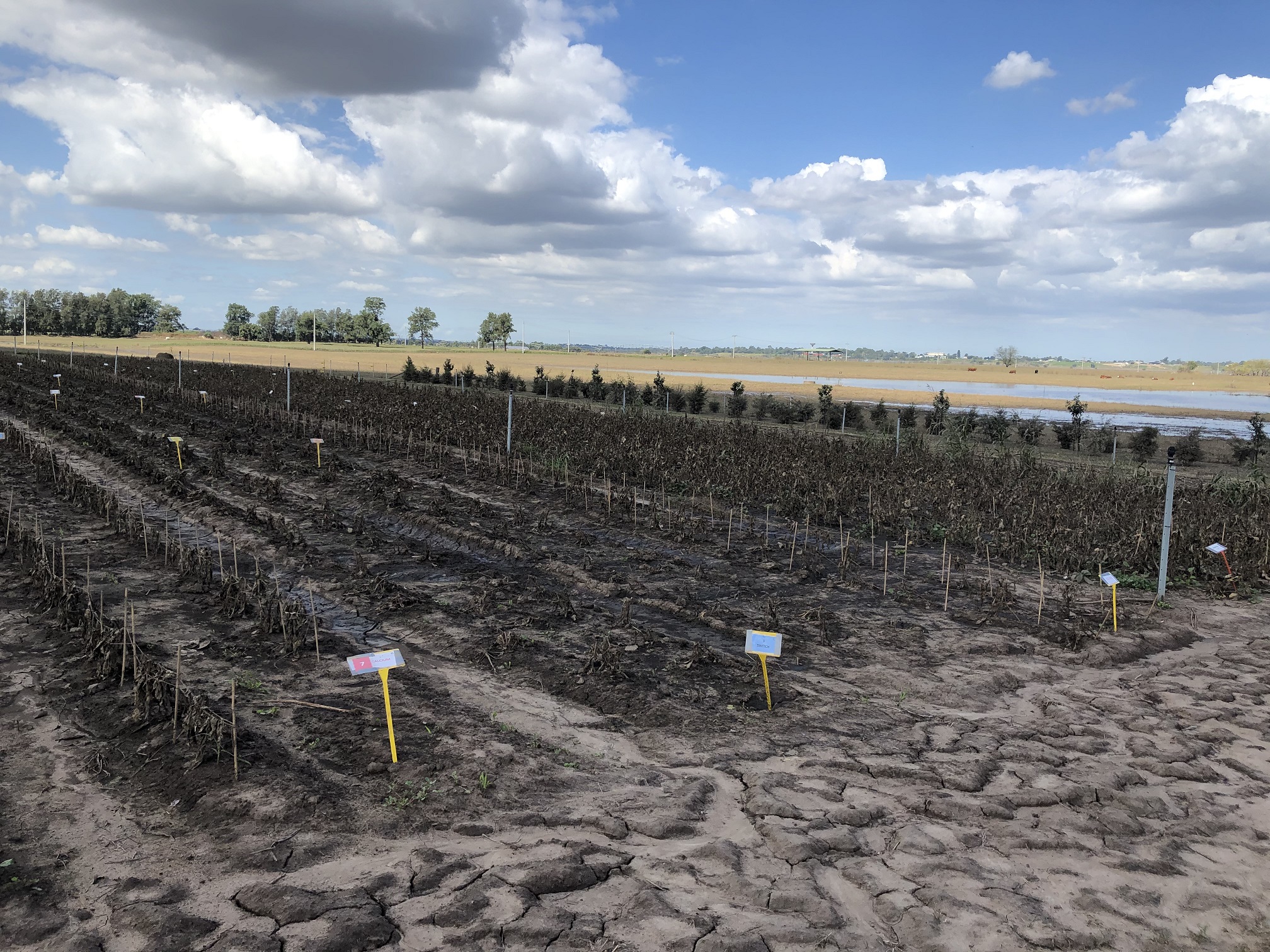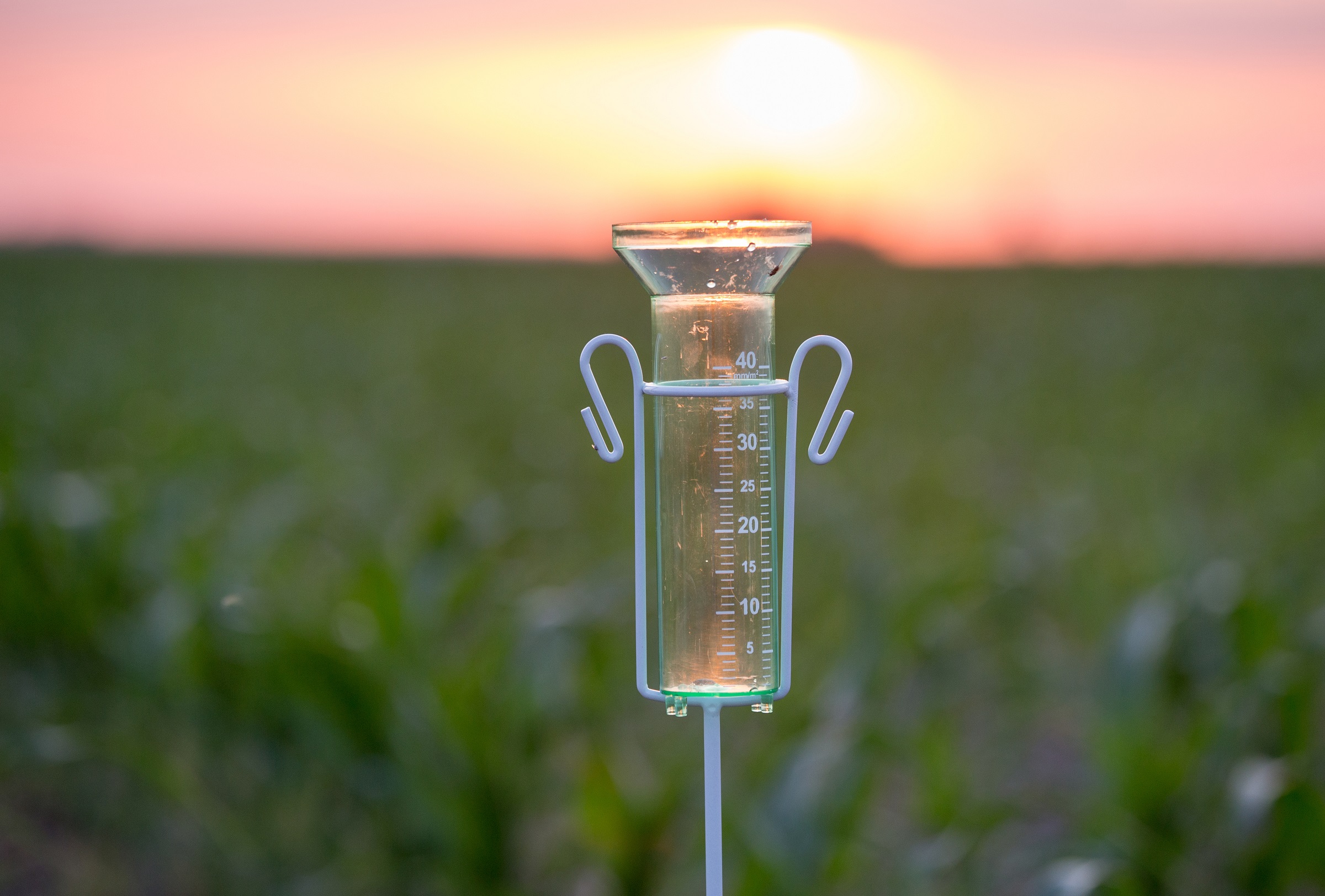
A hive of activity in Victoria’s Gippsland region
14 May 2021
Flood recovery journey continues for New South Wales’ veg growers
14 May 2021Small weather stations have been installed across Queensland’s far-north Bowen region, with great success for vegetable growers. In this column, VegNET Regional Development Officer Sarah Limpus outlines the project’s activities as well as its long-term aims and strategy.
In late 2019, the Department of Agriculture and Fisheries, Queensland – in partnership with the Bowen Gumlu Growers Association – initiated a project to establish a small sensor network of weather stations across the Bowen horticultural production region.
Bowen may be the home of the mango but during winter, Bowen is a major producer of capsicum, sweet corn, green beans, pumpkins and eggplant.
Three automated weather stations were deployed in strategic biomes within the Bowen region to monitor micro-climatic conditions: The Don River delta on the coast, Don River flood-plain and East Euri Creek.
One weather station host, Dobe’s Farms, previously relied on the Bureau of Metrology (BOM) weather station located at the Bowen Airport just over six kilometres away from the farm.
Preliminary analysis of data collected from the automatic weather station at Dobe’s Farm last year indicates that minimum temperatures are up to 2°C cooler than those recorded at the BOM site, while annual rainfall was 107 mm lower at the farm.
Brooke Dobe from Dobe’s Farm said that the operation uses the new weather station religiously several times a day to monitor spraying conditions and irrigation. During harvest windows, temperature and rainfall is monitored to guide the harvest schedules to ensure fruit is harvested at ideal temperatures and picking staff are working safely in hot conditions.
“The weather observations here [at Dobe’s Farm] are much more accurate. We don’t even look at the BOM site anymore,” Ms Dobe said.
Wide-ranging benefits
Although farm weather stations are not new, a community-owned weather station network has far reaching benefits to the region – from more effective pest and disease suppression to identifying biomes within the region that support niche or specialty crops.
Bowen is not known for its winter frosts; however, data at the other two weather stations are also showing significant variations to the BOM station, with one farm even recording temperatures below 2°C. A community-owned weather station network could alert growers to the risk of frosts, thanks to the strategic location of these weather stations that could prevent crop damage and yield loss.
Regional temperature differences result in local variations in fruit ripening, and in this time of labour shortages, fruit ripening predictions can be used to estimate harvest schedules and potentially share labour forces.
The next phase of this project will focus on developing fruit ripening and disease forecasting to assist vegetable growers in disease prevention and mitigation strategies.
The long-term strategy is to gain funding to expand the network into other locations – particularly Gumlu, where a large portion of the region’s capsicums are grown and develop the sensor network into a hyper-local forecasting system for micro-climatic conditions, and pest and disease control.
Find out more
Please contact VegNET – North Queensland Regional Development Officer Sarah Limpus at Bowen Gumlu Growers Association on 07 4785 2860 or email idm@bowengumlugrowers.com.au.
VegNET – North Queensland is a strategic levy investment under the Hort Innovation Vegetable Fund.
This project has been funded by Hort Innovation using the vegetable research and development levy and contributions from the Australian Government.
Project Number: VG19008

